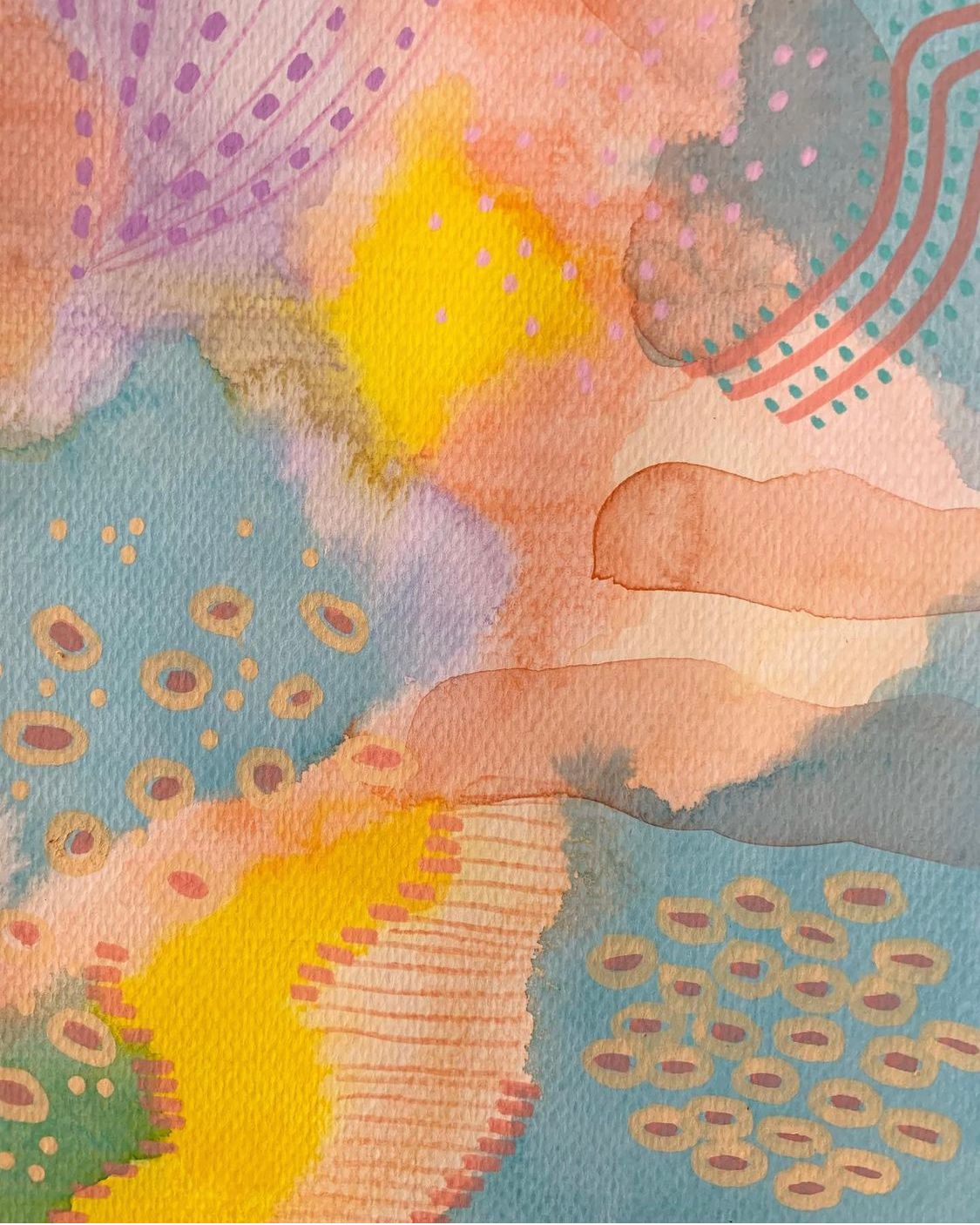For some time I have been rehearsing, or rather, drafting a text about poetry. In times of productivity, performance, performance, utilitarianism and entrepreneurship, talking about poetry can sound almost absurd. In times that flirt openly with violence, brutality, sadism and destruction, poetry can be overshadowed. Precisely for this reason, I want to talk more and more about poetry. Its uselessness is refuge and breath; It has become, for me, a survival item.
If I were asked what poetry is, I would answer not from technical, conceptual definitions, but from a precisely poetic place. Nothing better than borrowing words from a poet. Thus, I fish a text by Manoel de Barros that I love and that seems to say well what it is about:
When Grandma received me on vacation, she introduced me to her friends: This is my grandson. He went to study in Rio and returned as an atheist. She said I came back from an atheist. That misplaced preposition made me an atheist. As if to say at Carnival: that boy is dressed as a clown. My grandmother understood verbal conducting. She was serious. But everyone laughed. Because that displaced preposition could make a joke out of a piece of information. And he did. And more: I think that seeking beauty in words is a solemnity of love. And it can be an instrument for laughter. Another time, in the middle of the game a boy shouted: Disilimina esse, Cabeludinho. I didn't let anyone go. But that new verb brought a perfume of poetry to our court. I learned on these vacations to play with words more than to work with them. I started to dislike shelved words. The one that cannot change its place. I learned to like words more for what they sing than for what they inform. Then I heard a cowboy singing longing: Oh brunette, don't write to me / that I don't know how to read. That one preposed to the verb to read, to my hearing, increased the loneliness of the cowboy. (Cabeludinho, in Invented Memories).
A displaced preposition, a modified regency, unshelved words. Words to play with and not to work with. Poetry is read with the body, it is read from another place. It is possible to listen to poetry in a language that is not spoken and be moved, because as Manoel says, in poetry words intone much more than they inform. It is about rhythm, prosody, and why not, melody. These are the words that enter the ears and touch the body.
In a more "technical" context, I think of figures of speech, which have always fascinated me, as they are examples of resources that can be used to promote the most diverse effects with words. Semantic, syntactic, sound, and thought figures. Metaphors, metonymies, periphrases, catachreses, anaphora, inversions, sylepsies, paradoxes, ironies, alliterations, onomatopoeia... A universe of difficult terms that hold infinite possibilities for making poetry.
But poetry has such power that it is not only in words; it can emerge from things, from gestures. It has a capacity of to transform the ordinary, the domestic into something extraordinary and pregnant with senses and sensations. Manoel de Barros himself, a poet of the tiny, of the insignificant, sees poetry in a stone, in an ant.
Poetry can sweep us away, take us in an instant, in a sudden moment, surprising us and sometimes even frightening us. Perhaps it is a kind of portal, which opens only in holes, tears that are produced in an "instant-already", to use an expression of Clarice Lispector. An instant that makes us look at small banalities and see them full of color and new meanings.
I don't know if it is possible to access this poetic place whenever or whenever you want. However, I think that we can, to a certain extent, facilitate this path. If we can make poetry effect by displacing prepositions, modifying the position of words, we are talking about place, space. Perhaps, in order to reach a kind of "state of poetry", which allows us to cast a renewed look at what is around us, we need to move, to move, to look at things from other angles, to change position just like a preposition, which, lo and behold, already holds a "position" in itself.
From new angles, the world can gain new and profound dimensions, making us want to talk about poetry and, who knows, transform things.






